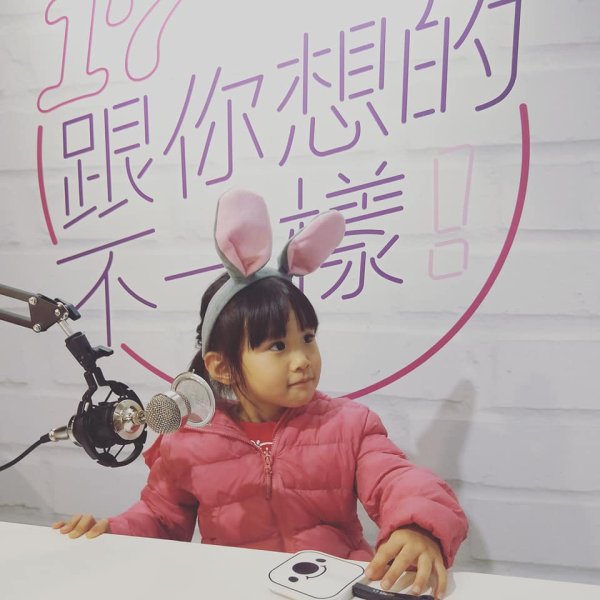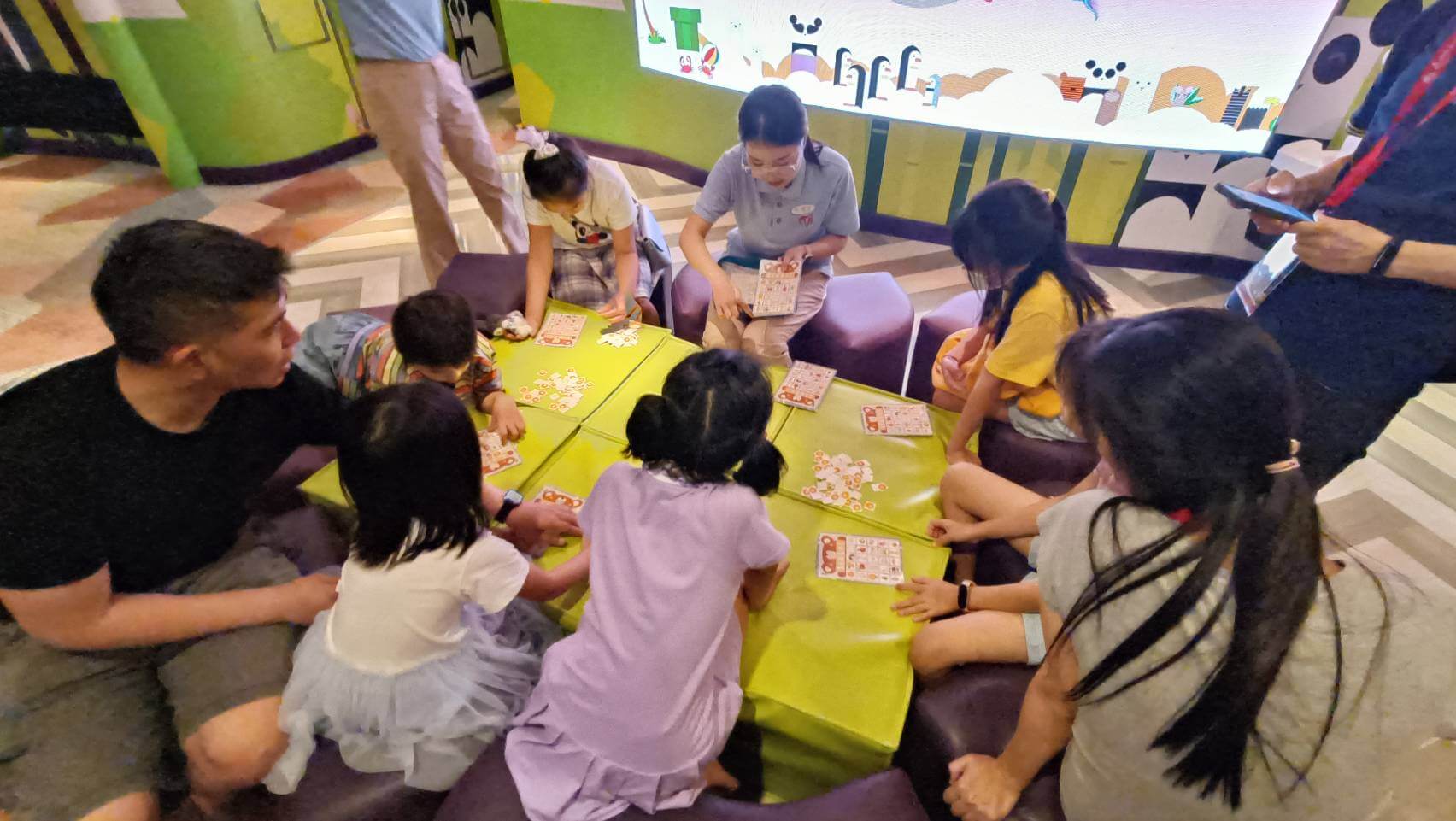Ready to Master Mandarin? Explore Jade Mountain, Hungary’s Premier Taiwan‑Backed Language School
Hungary is now home to its first-ever Taiwan Center for Mandarin Learning (TCML), established by Jade Mountain Mandarin School. Serving both second-generation overseas Taiwanese and adult learners, the center promotes traditional Chinese characters and Taiwanese culture—all thanks to the dedication of one woman: Li Yi-ying. From teaching Mandarin to founding a school, Li’s passion and determination have brought Taiwanese Mandarin education to the forefront in Hungary.
A Life-Changing Moment
Born in Kaohsiung, Taiwan, Li grew up under a traditional educational system, with family members expecting her to become a teacher—an idea she resisted. Avoiding all teacher-training paths in college, she chose to major in foreign languages in Taipei. After graduating, she worked as an editor, translator, and later joined an internet company during the early digital boom, a fast-paced environment that affected her health.
Seeking a break, Li traveled to Thailand with a friend who was involved in volunteer work in northern Thailand. There, she witnessed children using finger writing on the dirt ground as a makeshift blackboard—an experience that changed her perspective on education. Realizing she wanted to make a difference, Li enrolled in a post-bachelor’s teacher-training program at National Hualien Normal University, marking her first self-driven step into teaching.
In 2005, after completing her training, Li interned as an English teacher at a primary school in Hualien, eastern Taiwan. Drawing on her internet-sector background, she introduced online competitions and international pen-pal exchanges to broaden her students’ learning opportunities. Once her internship ended, she returned to Kaohsiung to teach and met her future husband, a Hungarian national. After marrying, Li moved with him to Hungary, ready for her next educational adventure.
Adapting to a New Culture
“Teaching can happen anywhere,” Li often says. With this mindset, she initially replicated classroom strategies from Taiwan, such as organizing competitions among Hungarian primary school students. However, to her surprise, some pupils complained that competitive activities were hurting their friendships. Realizing the cultural differences, Li adjusted her methods to better fit local norms. By the end of the semester, many students said they felt their Mandarin skills had surpassed their progress in English.
Hungary, situated at a crossroads in Central Europe, is known for its linguistic openness—most people speak three or four languages, typically English, German, and Hungarian. Many parents also believe that strong language skills, developed early, are essential for their children’s future. Around the time Li arrived, Hungary’s ties with mainland China were growing, spurring a surge of interest in learning Mandarin. Besides teaching in a local primary school, Li also offered private tutoring to those struggling with the language.
In 2012, she returned to Taiwan for further training in Mandarin teaching methods. This experience sharpened her lesson planning and strengthened her awareness of teaching resources developed in Taiwan. Back in Hungary, she began working at a local university. Then, in 2017—just minutes before one of her classes—the university’s principal announced that a “nationally recognized author from China” would be observing. A photo session followed, after which the visitor swiftly departed. Initially, Li thought nothing of it, but the following year her classes were reassigned to undesirable time slots. She eventually discovered that the university had signed an agreement with Chinese authorities and seemed to be pushing her out. Other universities she approached offered the same story, prompting Li to consider starting a school of her own.
Building a Community, Showcasing Taiwan
“I must be crazy!” Li jokes. “Only a crazy person would start a school.” Japan and Korea both have active cultural promotion in Hungary, and China’s presence is deeply rooted. By comparison, Taiwan remained relatively unknown. Li felt compelled to help change that.
At the same time, some Taiwanese expatriates wanted their children to learn traditional Chinese characters and experience Taiwanese culture. Li brought them together to organize cultural activities at popular cafés—festivals, flea markets, traditional games, and cooking demonstrations. She even partnered with an art gallery for larger events, inviting Taiwanese calligraphers to showcase works with Taiwanese imagery. These gatherings boosted public awareness of both Taiwan and the new school, gradually attracting students of all ages.
At first, fewer than ten people enrolled, and teaching staff were in short supply. Li experimented with different class groupings, pairing second-generation Taiwanese children with similar Chinese proficiency levels to study traditional characters, and introducing collaborative instruction for adult learners with the help of foreign instructors who had also studied Mandarin. “The beginning is always the hardest,” Li notes, “but once you start, more ideas come.”
Official Recognition and Teacher Training
In 2019, Jade Mountain Mandarin School officially registered in Taiwan, and in 2022 it joined the Overseas Community Affairs Council (OCAC) program as a recognized TCML—Hungary’s first nonprofit of its kind. While Taiwan has established robust Mandarin teaching programs, Li stresses the importance of sustainable growth to enhance standards and gain international visibility. However, staffing remains a challenge: some volunteer teachers are mothers who eventually juggle parental duties or return to their jobs, while others must leave Hungary due to visa issues.
In 2022, Li connected with a Fu Jen Catholic University student interning at a Hungarian boarding high school and invited him to teach at the center on weekends. This arrangement provided Jade Mountain with a reliable educator and gave the intern a modest stipend. Through this collaboration, Li met Fu Jen’s International Office director and proposed a teacher-training initiative, which launched in early 2023. Later in the year, Soochow University—renowned for its focus on Eastern European studies—also joined. Li and the prospective teachers began with online sessions, followed by in-person teaching in Hungary. This ensures a steady level of instructional quality and keeps classes running smoothly.
Li adds that anyone wishing to teach at the center must clear three hurdles: submitting a teaching proposal, being evaluated by local TCML students, and passing a review by the teacher-training team. Even with these requirements, applications surged. She then introduced some of these aspiring teachers to other TCML across Europe also struggling with staffing shortages, thus enabling the continued spread of Mandarin education.
Passing the Torch, Finding Purpose
Despite many obstacles, Li has chosen to persevere. She even sold her house in Taiwan to devote herself entirely to Jade Mountain Mandarin School, joking that she will keep going “until another ‘crazy person’ takes over.” Her unwavering dedication springs from a deep belief in Taiwan and in the power of education. “Taiwan is such a wonderful place—it deserves to be recognized,” she says.
Li finds motivation in her students’ stories: the 80-year-old grandmother hoping to better communicate with her Taiwanese daughter-in-law, or the new mother in her 50s who signed up with her newborn to get a head start on the language. Witnessing each individual’s progress is what keeps Li moving forward.
Looking back, she observes that establishing and running a school has enriched her own life by giving her work both meaning and purpose. Although the road is filled with hurdles, each challenge forces her to learn and grow in ways she never expected. Undeterred, Li continues her educational mission, ensuring that Taiwanese Mandarin teaching will take root—and thrive—on Hungarian soil.
Comment ( 0 )
Trackbacks are closed.









No comments yet.